Tire Anatomy – Learn About the Different Parts of a Tyre
The vehicle's tyres are the only component of the car that is in contact with the road. It makes tyres a critical part, the quality of which cannot be compromised on. The tires are responsible for many tasks, including acceleration, braking, handling and more. It is the reason that a lot of research goes into manufacturing new tires.
Furthermore, the tires that are installed on new vehicles are not selected based on brand or size alone. Each vehicle has a specific set of requirements, and the tires are carefully chosen to meet their requirements. It shows how much critical tires are to your vehicle’s performance and safety.
While many people understand the importance of tires, there are yet to know about the different parts of a tyre. For the best driving experience, you ought to know about the various components of your car. As tires are one of the components of your vehicle, PitStopArabia finds it essential to inform its customers about the different parts of the tyre.
The reason is that you might find yourself in a situation where some knowledge about your tire could have saved you extra money or would have allowed you to make a better decision. For example, imagine yourself buying new tires. The salesperson is showing you different tires and tells you about their tread pattern, tread life, sidewall construction, date of construction, and so on.
However, you are unaware of all this, and simply buy a tire of a renowned tire manufacturer. A few weeks later, you realize that the tires were not meeting the needs of your vehicle and that you just wasted money on this set of tires. Therefore, to save you from such situations or any other similar situation, this article will tell you about the different components of the tire.
Whats Inside a Car Tire
Below are the components of a healthy car tire
Belts
It is responsible for increasing the strength of the tire and are made of steel. They are placed under the tread and help protect against punctures.
Tread
It is the area which is in continuous contact with the road. It is made up of rubber and features patterns and designs. The pattern and overall design are responsible for the grip and traction. Depending on the road conditions and overall weather, tread patterns vary from area to area.
Sipes
These are special treads within the tread of the tire that improves traction on loose surfaces.
Bead
Beads are steel cables that are reinforced with rubber and are responsible for holding the tire tightly against the wheel.
Grooves
The space between two adjacent treads are known as grooves or tread grooves in some areas. They are responsible for improving traction and reducing the risk of hydroplaning.
Plies/Body Ply
They are responsible for giving strength and flexibility to the tyre. They are also responsible for holding the tyre pressure.
Sidewall
It is the exterior part of the tire and is composed of rubber. It protects the internal part of the tire from any external damage. The sidewall is connected to the tread by the shoulder of the tire. Sidewall contains information about your tire, which is discussed separately in this article.
Shoulder
It is the outer part of the tire’s tread and connects the main tread with the sidewall of the tire.
Inner Liner
It is the tasked with keeping the air inside the tire and prevent it from leaking.
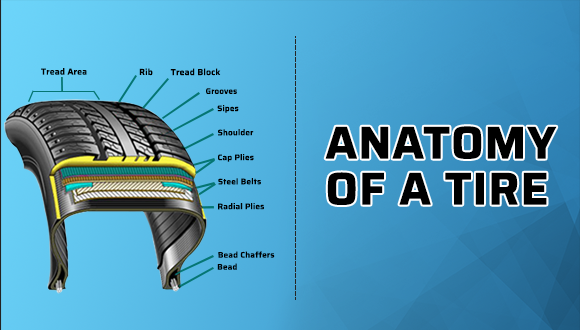
Reading the Tire’s Sidewall
As mentioned before, a person must know how to read the tire’s sidewall. The sidewall contains markings which might seem random to most people, but they hold vital information regarding the tire.
1. Tire Width
It is the width of the tire from one sidewall to the other and is measured in millimetres.
2. Aspect Ratio
It is the height of the tire as compared to the width of the tire. If the number is 35, it means that the tire height is 35% of its width.
3. Construction
It represents the construction of the tire. Most tires today have radial construction, denoted by 'R'. It can be 'B' for bias-ply or 'D' in the case of diagonal construction.
4. Rim Diameter
This represents the diameter of the wheel on which the tyre is to be mounted. It is measured in inches.
5. Load Index
It is the maximum load which a tyre can carry. Loading a tire beyond its capacity can cause the tire to burst.
6. Speed Rating
The different letters have different speed ratings. They are the maximum speed the tires can be driven at.
7. DOT
It stands for the Department of Transport and helps identify when the tire was manufactured.
8. Week
It represents the week in which the tire was manufactured.
9. Year
It represents the year in which the tire was manufactured. For example, the numbers are 1416. It means that the tires were manufactured in the 14th week of 2016.
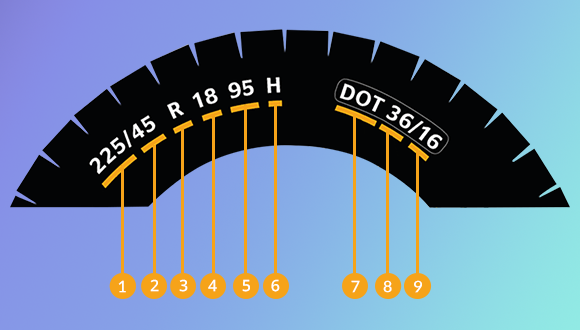



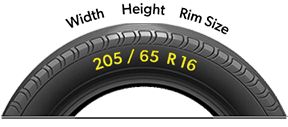





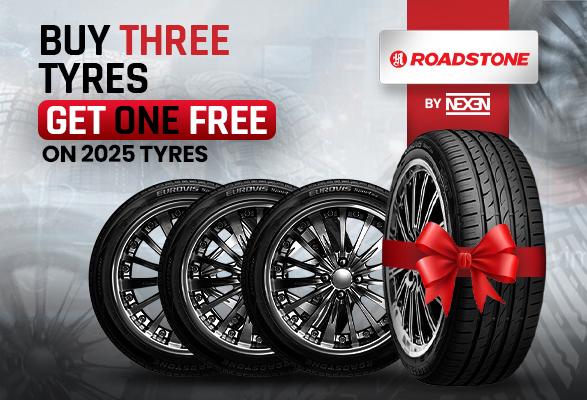
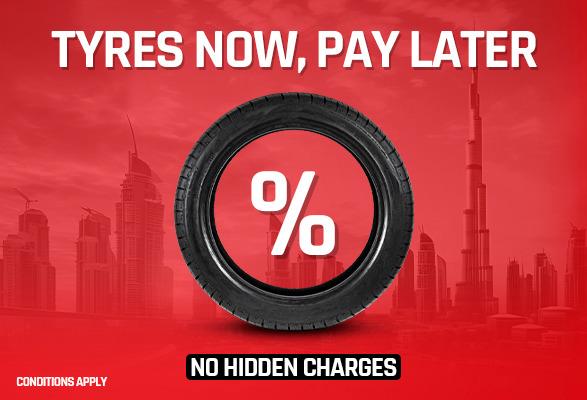

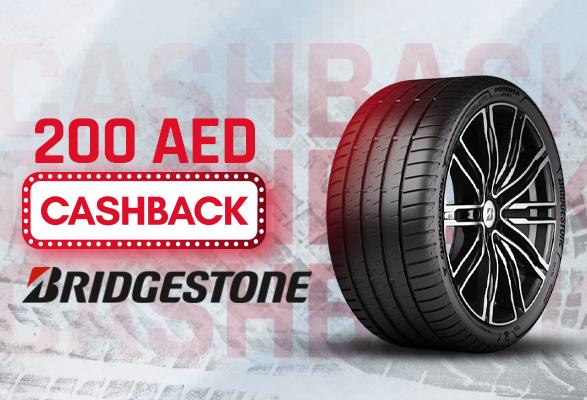



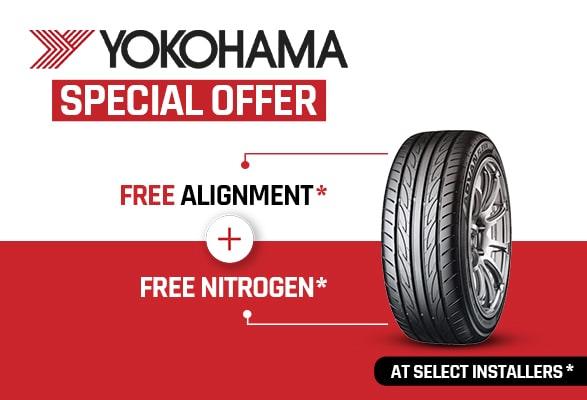





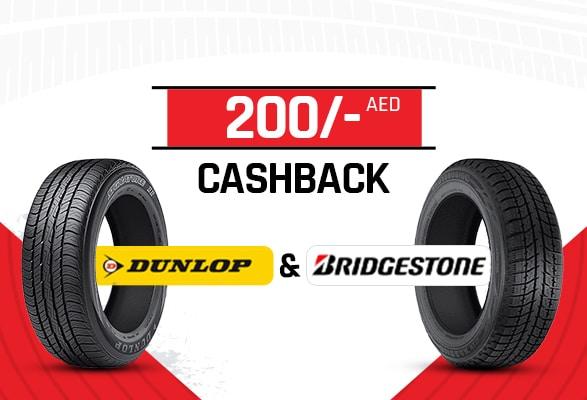
























Conclusion
This wraps up our guide on the different parts of the tyre. The next time you find yourself buying new tires or find yourself in a discussion involving tires, we expect you to use the above information. We are also hopeful that this information will help you make a better decision next time.